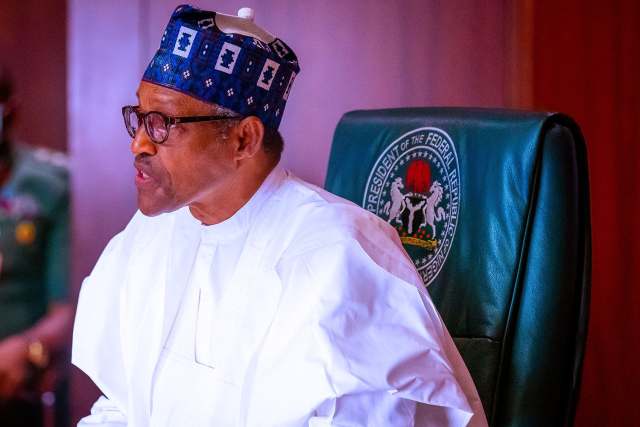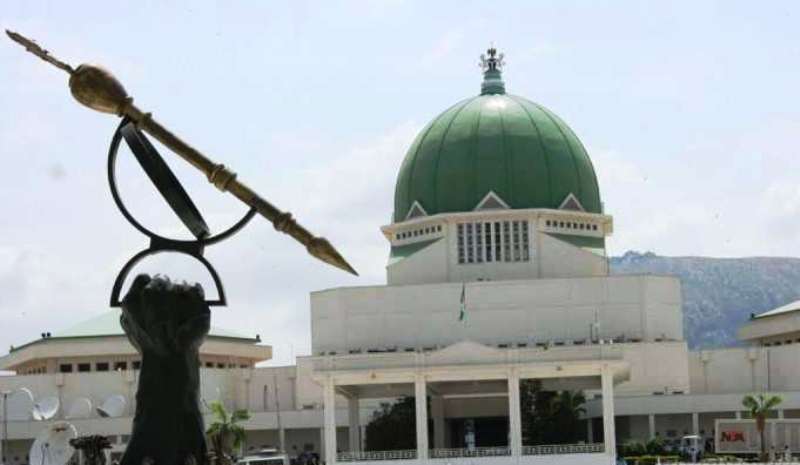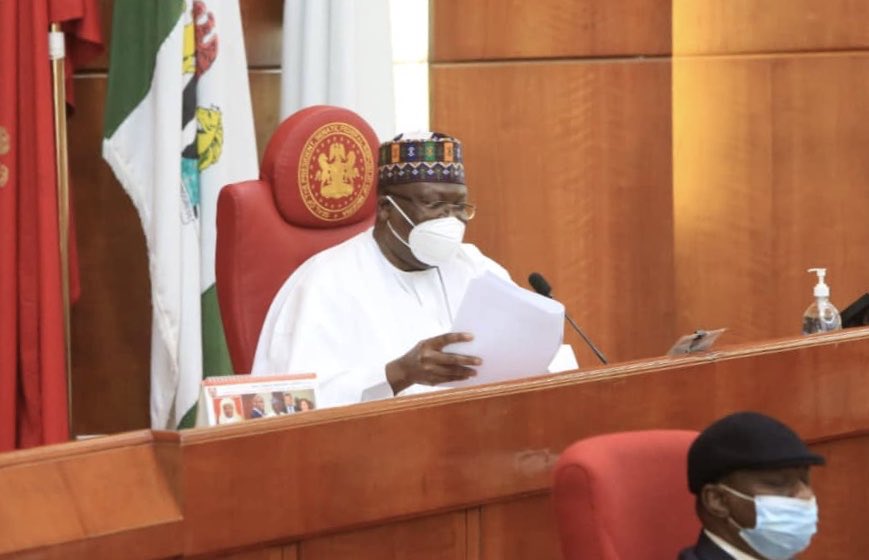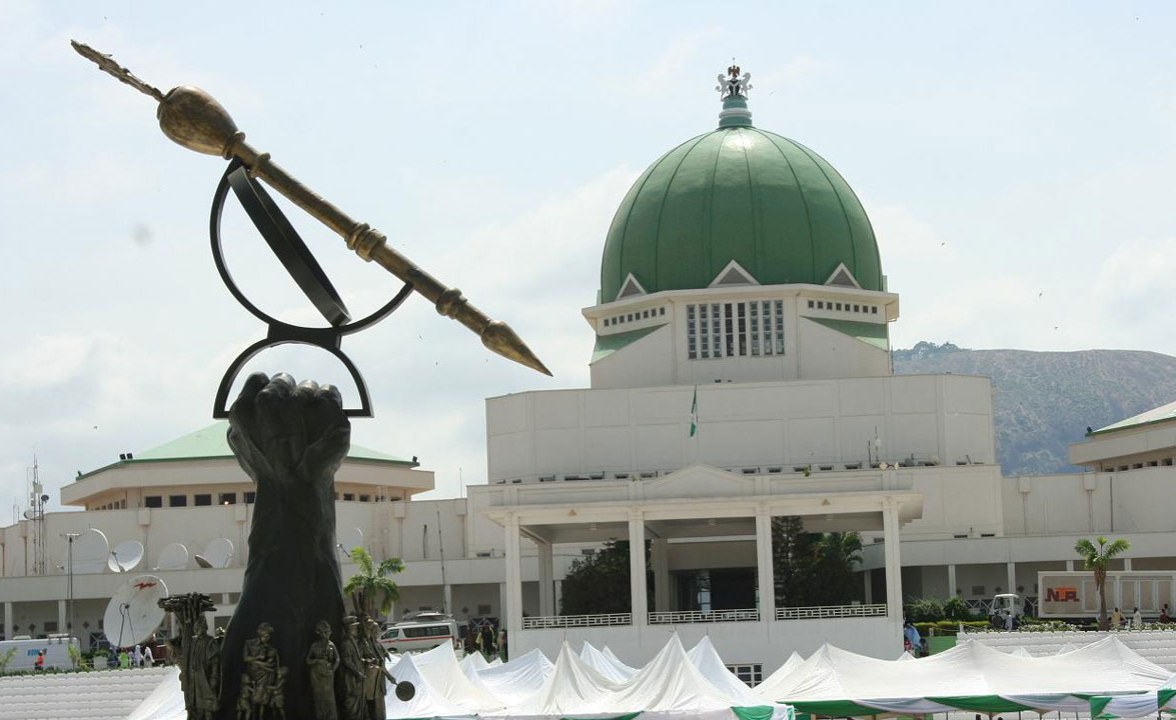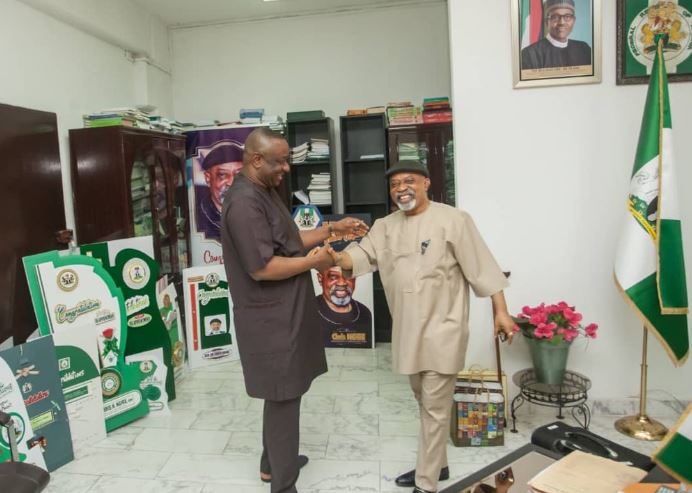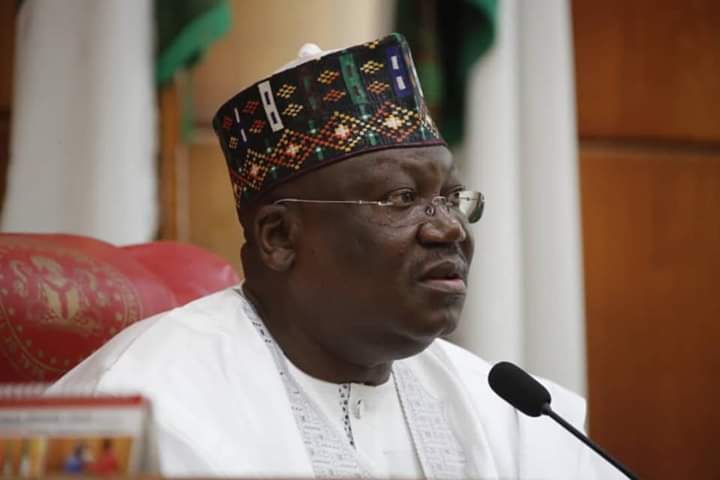By Dakuku Peterside
Within the last three weeks, three significant events happened. First, during the constitution amendment, the National Assembly rejected five gender bills, and as expected, our womenfolk were enraged. The world celebrated women’s day, and this year the campaign theme was “Breaking the Bias”. Nigerian women from all backgrounds and social strata mobilised in their numbers to protest at the National Assembly in what they considered the mother of all protest, which signposts the new dawn for women. What is the significance of these events? Beyond the rhetoric of affirmation and striving for gender equality, what must Nigerian women do to confront the hydra-headed problem of the girl child and women in our society? Post gender bills, what real issues stop women from realising their full potential in Nigeria? These questions call for introspection and reflection on the urgency of social change in gender relations.
These recent events and related responses demonstrate the acute sensitivity and sheer determination Nigeria women have about issues of gender inequalities. Their actions are galvanising a critical mass of voices clamouring for a change to the status quo, and the ring of these voices are reaching a crescendo in advocating for women empowerment and simply asking for our Nigerian women to enjoy just a few of the privileges Nigerian men have that seem ‘commonsensical’ and normal.
I must unequivocally state that I stand with these women in their struggle for fairness and equity. I salute their resolute stand in fighting for what is right. I believe that a nation that neglects or sidesteps 50% of its population and workforce simply because of path dependency on patriarchy is a nation doomed to fail. Improving and harnessing the talents and gifts in our women is a no brainer, and it baffles most people that any institution will be insensitive or undermine this, much more an institution representing this 50% population in the national assembly.
The five gender bills rejected at the National Assembly will not bring gender equality. But they are the first and foundational steps in the climb to gender equality. These bills request women to have a minor stake in areas historically dominated by men.
These five bills include: first, a bill to create additional seats for women to increase women’s representation in the National Assembly – this bill will lead to a significant increase in the number of women in the Parliament, which currently stands at 5 per cent; second, a bill to enable Nigerian women to transfer citizenship to foreign husbands, a right that every Nigerian man married to a foreign spouse enjoys; third, a bill to ensure affirmative action of at least 35 per cent in political party administration and appointive positions across federal and state levels; fourth, a bill to provide a minimum of 20 per cent of ministerial or commissioner nominees are women; fifth, a Bill to allow a woman to become an indigene of her husband’s state after five years of marriage. The National Assembly rejected all these bills, and womenfolk primarily saw it as a marker of insistence on the old order.
The broader significance of the rejection of these bills is that the progress of Nigerian women in the quest for a more egalitarian society seems to be momentarily truncated. All the proposed constitutional amendments were meant to end bias against women and ensure the minimisation, if not total removal, of barriers millions of women faces based on their gender. These rejections speak volumes as to the mindset of most people, especially men in power and male-dominated institutions. As products of patriarchy, the National assembly reified the dominant ideology prevalent in our society, which is sympathetic to the plight of our women but fights hard to stop any change to the status quo. This ideology is seen in culture, religion, and politics.
Suffice to say that this is not a typical Nigerian problem andseem global. Still, most societies, especially developed ones, have made progress in improving the opportunities available to women and the quality and impact of women in their society. These societies are tackling these dominant masculine ideologies at the basic levels of family, community, and religion by creating an ecosystem to normalise gender equality.
Any struggle for gender equity that neglects the battle for the minds and hearts of people and advocacy to make people understand the importance of gender equality at the micro-levels of society will not succeed. Little wonder many of the representatives, although paying lips service to the issues of gender equality, refused to vote for it in the constitutional amendment voting in the hallowed chambers. The bills succumbed to the intricate politics, intrigues, and horse-trading peculiar to the national assembly. The high-powered advocacy given to this bill by the wives of the president, vice president and all the governors in Nigeria is not enough to get both houses to pass some of the bills.
This rejection was more poignant because it happened when women worldwide celebrated “International Women’s Day” with the theme “Gender equality today for a sustainable tomorrow”. This celebration is at the core of putting women and their issues at the heart of global politics and governance and the emerging global socio-political and socio-economic milieu.
Women worldwide watched to see how the Nigerian Parliament would vote on those issues and give them something to celebrate this year. They were utterly disappointed. Little wonder our women took to the street and marched to end oppressive tendencies against them. Women in their numbers marched to the National Assembly to register their disgust at the parliamentarians’ actions that failed to pass the five gender bills.
The protest acknowledges that in most countries, even in advanced democracies, better women representation came out of protracted legislative and civil rights actions. A price must be paid for change, irrespective of its low or high cost. Freedom is not free, and our women have shown they are ready to get dirty to win their freedom.
These women are following in the footsteps of great women of yesteryears that marched against the colonial masters and specifically against their tax policies that resulted in the now-famous Aba Women’s Riot of 1929. Just like other famous women advocates of the past – such as Chief Olufunmilayo Ransome Kuti, Hajia Gambo Sawaba, and Chief Margaret Ekpo – these doyens of democracy and gender equality crusaders are pushing hard to get the National Assembly to have a second look at the bills and reconsider their stance. Fortunately, The House of Representatives will be voting again on three gender bills – citizenship, indigeneship and 35% affirmative action in party administration. This step is crucial because it will give the bills a second chance and might upend consideration for change in the status quo.
The realities of women’s political participation are staggering. Although statistics show that more women vote than men in our general elections, they are dangerously less represented in our government. The Nigerian Senate has only eight female senators out of 109; only 13 female houses of representative’s members out of 360, and 44 out of 991 state legislators are females. There are 15 State houses of assembly out of 36 with no women as legislators and no female governors. These disturbing statistics show a deep-rooted bias against women holding leadership positions, and if we do not take urgent steps now, these numbers will continue to slide from bad to worse.
Beyond the gender bills, we need to do more to uplift girls and women in our society. A panoply of issues bedevils women’s progress in our society that men and women face but have the most devastating effect on women. These issues include the persistent and increasing burden of poverty on women, the inequalities, inadequacies and unequal access to education and training for women, and unequal access to health care and related services. Women also face violence against them, adverse effects of armed and non-armed conflict on women, especially with the emergence of Boko haram, banditry, and its likes. Prevalent inequality in economic structures and policies in all forms of productive activities and access to resources. Women are victims of inequality in power relations and decision-making, at all levels; insufficient mechanisms, at all levels, to promote the advancement of women; a lack of respect for, and inadequate promotion and protection of, the human rights of women; stereotyping of women amongst others.
Advocating for higher representation of women in elective and appointive offices is critical. And it may potentially be attained through some form of legislative intervention, as seen in other parts of the world. However, a change in attitude amongst and towards women and massive education of the girl child will help advance the agitation of women to be considered equal within their homes and in Nigerian society.
Educating our children from an early age about issues and the importance of gender equality, changing our attitude towards the girl child, and massive education of the girl child is viable, necessary steps towards addressing gender inequality. Representation is only one step and cannot be done in isolation of other essential steps.
The issue of uplifting women in our society is for the benefit of all. Highly productive and engaged women in our society will add to our country’s development and unleash great development strides. Women are our mothers, wives, daughters, and sisters, and they deserve better than the men in Nigeria allow them to get. They need to be freed from the encumbrances of gender discrimination and inequalities, and the government must be leading this significant change in society. It is the task of everyone in our society to change the age-long practices and dogmas that have held women’s emancipation hostage for a long time.
I will recommend that more sensitisation programmes and advocacy projects be carried out on this issue to get the buy-in of most people in the country. Also, in my experience of passing laws in Nigeria, I understand that lobbying for votes requires articulation, resources, and time to be successful. Our women need to mobilise and pressure the system for their rights per their demographic dominance. Rights are often secured, not handed on a platter. It is a fact that some men will not hand over male privileges simply because of little agitations and niceties from women. More work is required to bring about a complete change in attitude, orientation and actions that are anti-women in our society.
